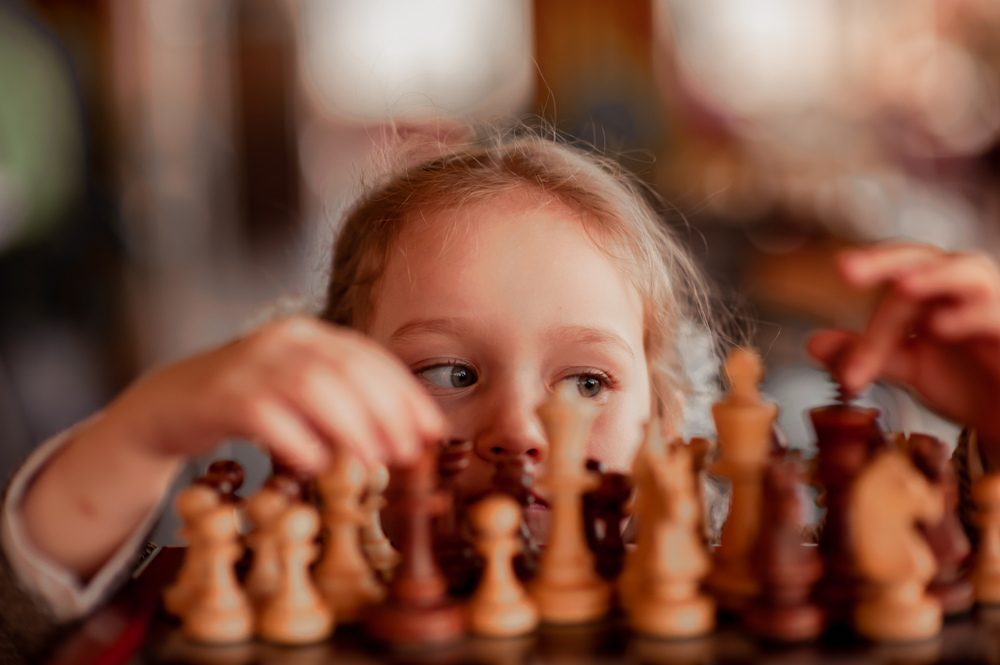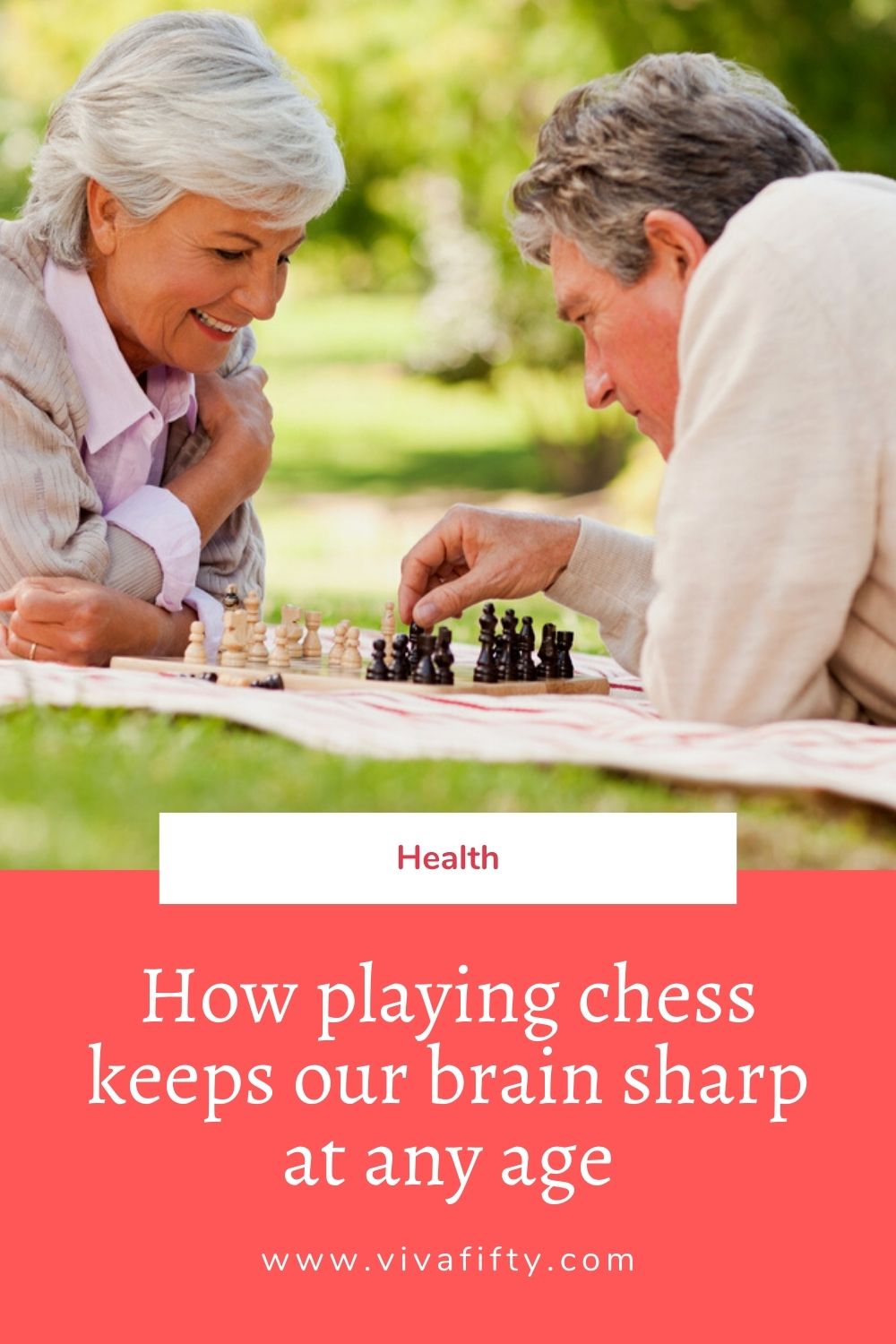
We all know about the benefits of keeping physically fit. We should also keep in shape mentally lest we end up as doting and forgetful old people with well-kept bodies.
Mens sana in corpore sano, as the Romans said a few years ago.
It is not a question of living longer, but living better, which means having all our physical and intellectual faculties in good working condition as long as possible.

The perils of technology
Some doomsday neurologists like Toshiyuki Sawaguchi and Denise Park, alert us of the perils of technology and the damages and changes it may cause to the brain because of its dependence on new gadgets.
J. Beltrán and E. Montalbán in their article “The hard disc generation” (La Razón.es) explain that people no longer rely on their memory to recall facts; they rely on their smartphones, Facebook, Wakipedia (sic), Google and the like.
Do we want the coming generations, our children and grandchildren, to become totally dependent on hard discs? Do we want them to have atrophied brains?
The wisdom of ages should not be chucked out just because it has been around for long.

Chess: The school of the mind
For centuries people have kept alert and mentally fit through the game of CHESS, the game that stimulates our neurological activity like no other.
Blaise Pascal (1623-1662), mathematician, physicist, philosopher, inventor, called chess “the school of the mind.”
Against the sloth that seems to be creeping up on us with the new gadgets that make us mentally idle and indolent, we can train our minds with chess, the trick used by our forefathers for centuries.
Chess teaches us methodical thinking.
Chess players are addicted to thinking, as Gary Kasparov (Chess grandmaster), put it: “We like to think.”
Chess and thinking go hand in hand.
The game of chess teaches us visualization, the skill to form mental images of what is to come and is not yet. We must picture a series of moves in our mind before we touch a chessman.
Also read: Keeping the over-50 brain nimble and sharp

Memory is reinforced this way. Chess players memorize hundreds of openings. Openings in chess are never the result of chance.
Strategy and tactics are essential in chess and in our lives: we must have a scheme, a blueprint of action and try to develop it, with method, casting aside improvisation.
We cannot play it by ear all the time. Impulsiveness does not belong to this game… or any other in life.
Bobby Fischer (1943-2008) pointed out that “chess demands total concentration” which comes very apropos these days when the attention span of people is at its lowest, aided by TV and internet browsing.
Concentration is a discipline that chess teaches its adherents and followers like no other one. It is crucial in achieving our aims and goals.
A chess player worth his salt never makes a move for the heck of it, but must be very aware of the outcome and repercussion of his action.
If politicians played chess they would make fewer blunders.

A game of chess is a wonderful mental workout
The mind is like a muscle that needs constant training.
Hispanics have their chess hero in José Raúl Capablanca y Gaupera (Havana, 1888-NYC, 1942), world chess champion from 1921 to 1927 of whom Emanuel Lasker said: “I have known many chess players but only one chess genius: Capablanca.”
He gives the lie to those who think Hispanics in general like to improvise, and lack analytical thinking, leaving all to chance with a devil-may-care attitude.
He was spoken of as the Human Chess Machine; and Richard Réti, grandmaster from the former Czechoslovakia, said that chess was Capablanca’s mother tongue.
In his book My Chess Career (Dover, 1966) he gives a detailed account of his ideas about chess and life in general.
Capablanca learned chess at the age of four, and at twelve he became chess champion of Cuba.
He was educated in the United States and studied engineering at Columbia University.
On Capablanca’s death Alexander Alekhine (1892-1946) –also world champion- said of him “With his death, we have lost a very great chess genius whose like we shall never see again.”
Children should be taught chess as a game, and also as mental training to improve and enhance their concentration, alertness, sense of strategy and tactics, discipline, rational thinking, fair play, and their attention span.
This way they will become free and independent from gadgets.
We can help them shape their brains, as Santiago Ramón y Cajal said: “Every man can, if he so desires, become the sculptor of his own brain.”
There is no escaping aging, but let us become old with vitality. Chess and language study will keep us fit and alert.






Leave a Reply